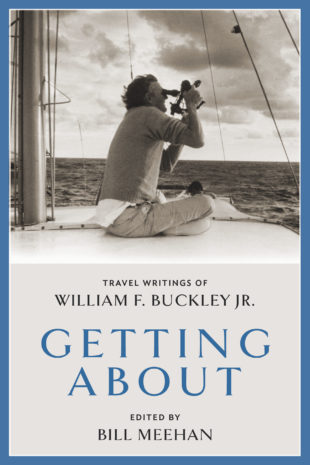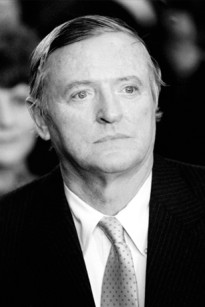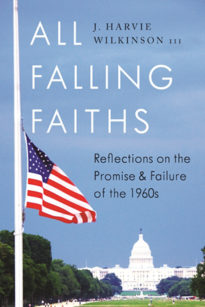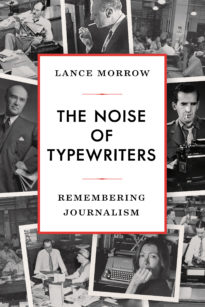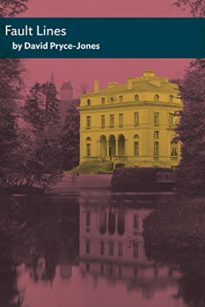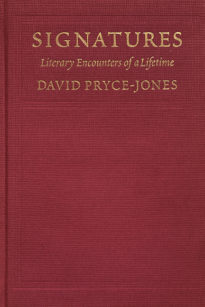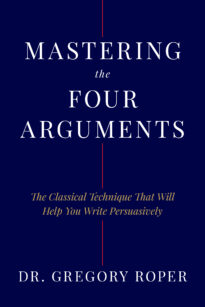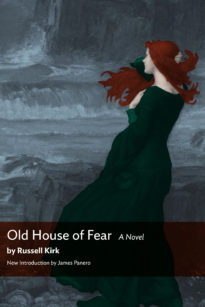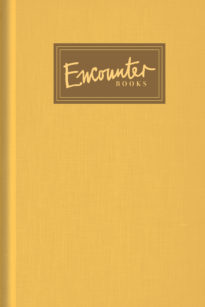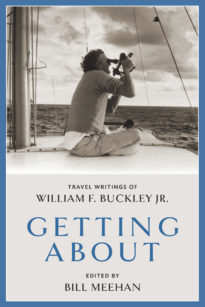Well known as a political commentator and the author of sixteen novels, William F. Buckley Jr. was also a superb chronicler of travel. Getting About gathers more than one hundred of his articles about journeys by boat, train, or plane, representing a lifetime of adventure around the world—from Annapolis to Zurich, from the Azores to the Virgin Islands.
An elegant jet-setter with a flair for literary journalism, Buckley had few rivals in the art of travel writing. He took first place in the Magazine Article on Foreign Travel category in the Lowell Thomas Travel Journalism Competition for eight pieces written while “Concording around the world” in 1989. A master storyteller, he adeptly wove devices of fiction together with reportage to craft entertaining pieces full of exuberance and authority. Being a Bach aficionado, he composed his sentences for a well-tuned ear.
Buckley’s talent for arranging a mise-en-scène stands out in accounts of riding the Orient Express, skiing at Alta, or vacationing at Barbuda. Though himself a central character in the story, he never dominates it. He wrote candidly about travel misadventures, as when his sixty-foot schooner broke down in the Bahamas and was towed to Miami by a Coast Guard cutter, or when a malfunctioning compass landed his boat on a rocky shoal off Rhode Island and the Coast Guard said, “Sorry, we can’t help you.” He also took a gimlet eye to the travel industry and a discriminating palate to airline food, suggesting that airports sell “a really good box lunch” with celery rémoulade, fresh figs, and a nice Bordeaux.
Getting About is pure enjoyment, but it also broadens the significance of Buckley’s œuvre. Along with Bill Meehan’s illuminating introduction, this delightful collection helps preserve Buckley’s legacy as his centenary, in 2025, approaches.
